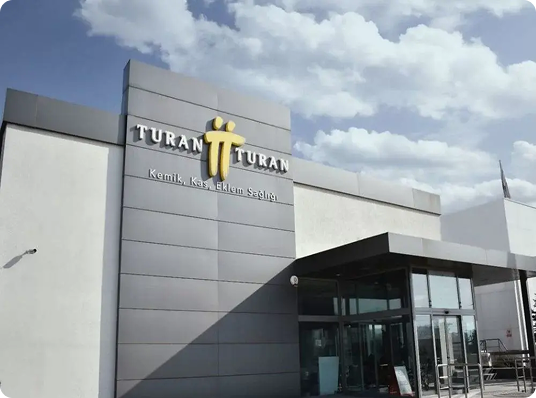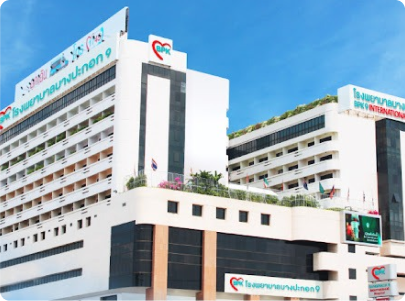Heart Transplantation
Heart Transplantation is a critical component of modern medicine, offering patients access to minimally invasive, highly effective treatments that can significantly improve outcomes across various health domains.
Get Expert Consultation
Speak with our medical travel experts to get personalized guidance for your procedure
✓ No commitment required • ✓ Expert guidance • ✓ Free consultation

Book Your Free Medical Consultation
Get expert advice—free and easy. Just fill out the form to start your health journey!
Key-Insights for
Heart Transplantation
Procedure Time
Typically takes 4-6 hours to complete, depending on the complexity of the transplant.
Recovery Period
Patients usually spend 1-2 weeks in the ICU and 3-6 months recovering before resuming normal activities.
Expected Results
A significant improvement in quality of life, reduced symptoms, and increased longevity.
Ideal Candidates
Those with severe heart failure, end-stage coronary artery disease, or congenital heart defects that cannot be treated with other means.
Heart Transplantation
Heart Transplantation is a critical component of modern medicine, offering patients access to minimally invasive, highly effective treatments that can significantly improve outcomes across various health domains.

People seek these procedures for various reasons:
Aesthetic Enhancement
To regain independence and enjoy daily activities without the burden of severe heart disease.
Corrective Purposes
To reduce or eliminate symptoms that affect daily life and overall well-being.
Functional Restoration
To increase longevity and improve quality of life with a healthy new heart.
Things to Check Before Treatment
- •Discuss your medical history with your doctor, including any previous heart conditions or surgeries.
- •Find out if your insurance covers the procedure and any related expenses.
- •Get a second opinion from another doctor to confirm the diagnosis and treatment plan.
- •Ask about the availability of medications to manage post-operative pain.
- •Make sure you have a support system in place for your recovery, such as family or friends who can help with daily tasks.
Potential Risks
- •Bleeding or blood clots during or after surgery
- •Infection or sepsis
- •Rejection of the transplanted heart, which can lead to organ failure
- •Kidney damage or failure due to medications used during the transplant process
- •Increased risk of certain cancers due to immunosuppressive therapy
How to Choose the Right Country, Clinic, and Surgeon
Do's
Verify surgeon credentials (e.g. ISAPS, JPRAS)
Ask for before-after photos
Check language barriers
Review aftercare and follow-up options
Consider local laws on medical malpractice
Don'ts
Don't Choose a Clinic Based Only on Price
Don't Rely Solely on Social Media or Influencers
Don't Ignore Language Barriers
Don't Rush Into Surgery Without Research
Don't Assume You Can Fly Back Immediately
CureMeAbroad Services Are Absolutely Free.
You pay same rates for treatments as in the hospital's original price list.
CureMeAbroad Services Are Absolutely Free.
You pay same rates for treatments as in the hospital's original price list.


Book Your Free Medical Consultation
Get expert advice—free and easy. Just fill out the form to start your health journey!
Heart Transplantation
Frequently Asked Questions
This procedure involves specific medical techniques tailored to address particular health conditions. Your doctor will explain the detailed process based on your case.

Help Me Plan My Treatment Abroad
End to End Treatment Planning Specifically curated as per your need. Just a Call away


Help Me Plan My Treatment Abroad
End to End Treatment Planning Specifically curated as per your need. Just a Call away


Book Your Free Medical Consultation
Get expert advice—free and easy. Just fill out the form to start your health journey!



